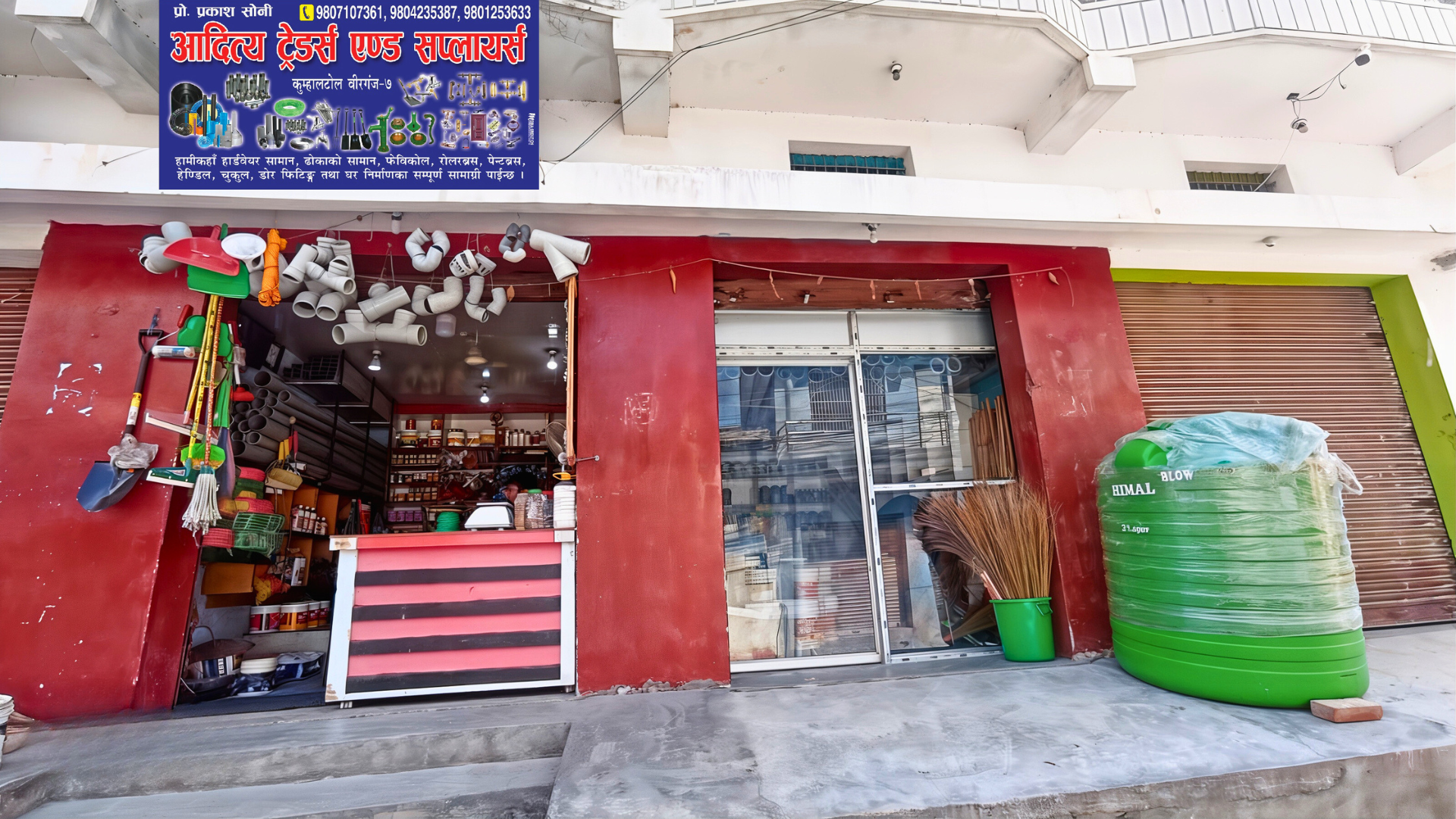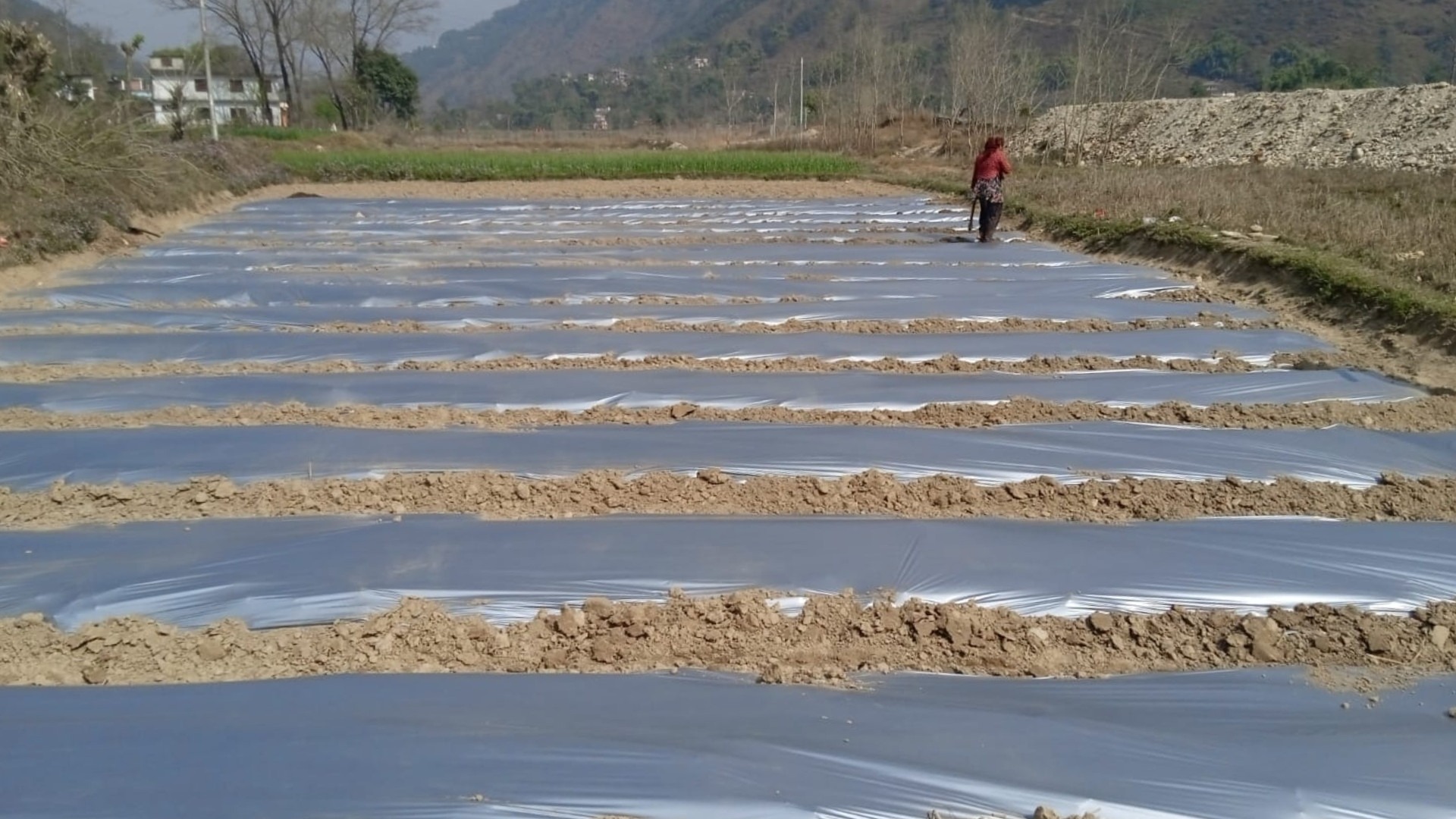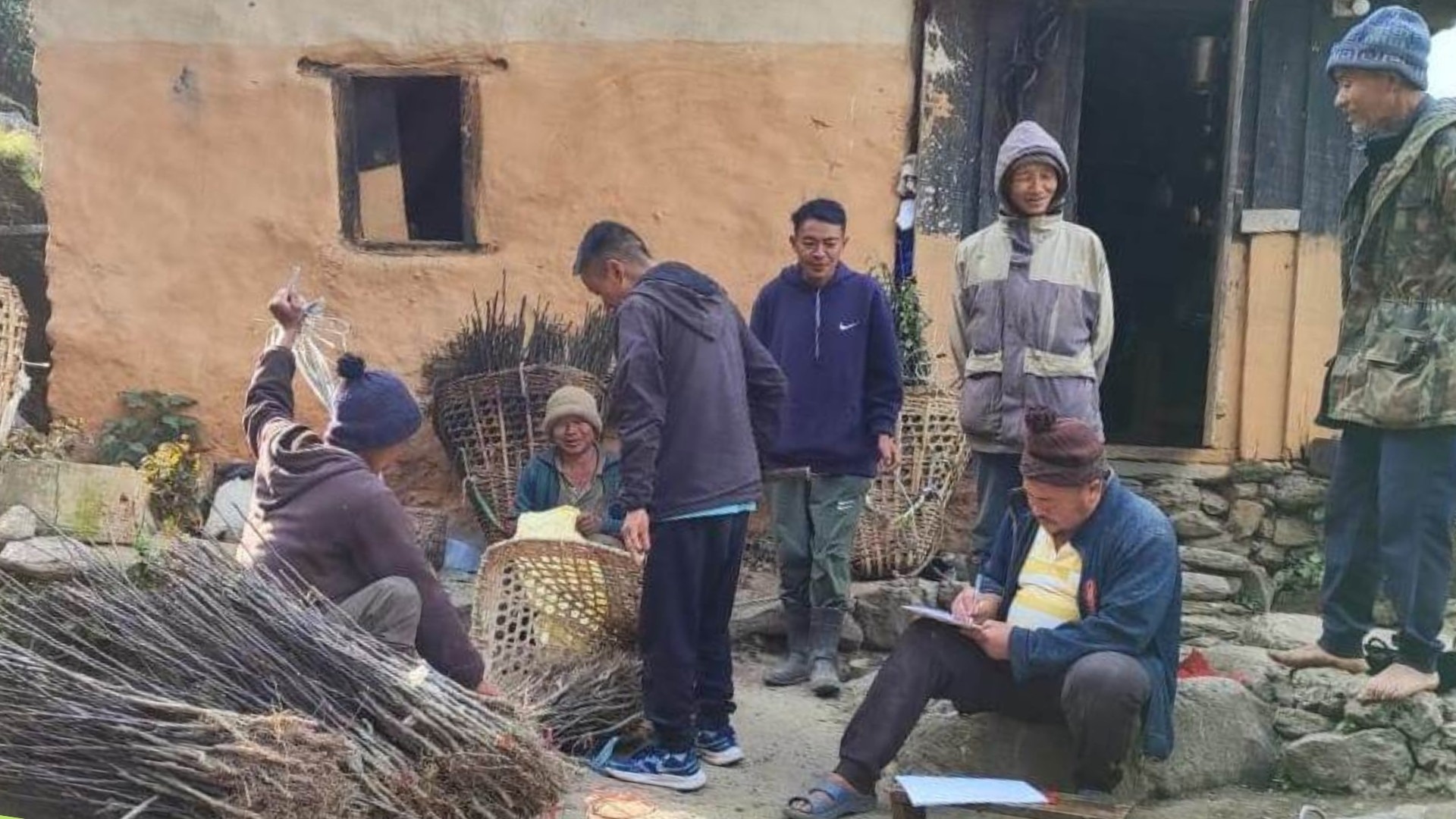In Kumhaltole of Birgunj metropolis, Prakash Kumar Sony runs a retail hardware store — Aditya Traders and Suppliers.
The store lies less than 90 metres west of the Kumhal tole Community Police at Bajrang Chowk, Railway Road, and opposite the Marigold Secondary School.
Prakash, a commerce graduate, entered professional life as a supervisor at a plastics company when he was 19 years old.
Leap into entrepreneurship
It has been a year and a half since Prakash opened his store with a capital of Rs 40,000.
Before setting up his store, he worked for seven long years learning accounting and enhancing his marketing skills at a hardware wholesaler company. “I felt I should start something of my own,” he shares.
He began with just a few tools, reinvesting the profits from sales to slowly build up his inventory. He recalls, “I used to buy goods of only Rs 5,000 to Rs 10,000 at a time.” Over time, he expanded his store inventory based on customer requests and also learned about tools that were unfamiliar to him.
Prakash now takes on the sole responsibility of managing inventory, deliveries, and customer service. “I run the store solo,” he asserts. With occasional help from his younger brother, his shop operates 11 hours a day, six days a week, and even offers home delivery when requested.
Today, Aditya Traders and Suppliers offers pipe fittings, door fittings, painting tools, and other small tool items with an inventory worth Rs 300,000.

Before the store
A decade ago, Prakash went to a job interview for a marketing position at a hardware wholesaler company through a reference. However, the company was hiring in its accounting department. Seizing the opportunity, he requested to take up the accounting role instead.
The management, believing his fervent desire to learn, took a chance on him. Reflecting on his early days, Prakash admits, “To be honest, I did not even know ‘a’ of accounting at that time.”
A kind senior colleague mentored him for the first six months, guiding him through the fundamentals — sale, purchase, stock maintenance, and VAT to name a few. Despite his growing knowledge in accounting, his true passion was still elsewhere. “From the very beginning, I had a deep interest in marketing. That was the field I wanted to be in, where I could meet new people every day and learn something new from them.”
After perusing his capabilities, Prakash finally got the chance. Beginning his marketing in Birgunj, he travelled extensively across Nepal mostly to meet with the clients, take their orders, and receive due payments. “I was sent to Hetauda; made trips to Mirchaiya, Butwal, Narayanghat, Kohalpur, and Nepalgunj. In my first 18 hours long journey to Dhangadhi, I did not even know which bus to take,” Prakash tells humourously.
Family support
Prakash credits his family — his parents and three brothers — for their unwavering support. As a gesture of love and appreciation, he named his store after his brother.
“It is because of their love and encouragement that the shop has reached where it is today.”
He acknowledges the importance of staying close to home and working for something that is his own. “No matter where I am, I have to WORK, whether abroad or in my homeland. But here, it is my own business with my family around.”
“The store generates an average income of Rs 30,000 per month. I do not owe any loans. I will be glad to sell my materials even with the least profit. I will be content as long as my store sustains my livelihood alongside the regular store expenses.”

Challenges in operations
One of Prakash’s biggest challenges has been setting the right prices.
Switching from a wholesaler employee to operating a retail store was new ground for him, and initially, the pricing he set did not match the local market. “I had a customer who told me I was charging too much for a tool compared to other stores,” he says. “I knew the wholesale rate but I did not know what would be the ideal retail price. I had to find an ideal rate so neither the customer nor I would bear a loss.”
To resolve this, he conducted local market research, posing as a customer in other shops to compare prices. After this tour, he gained confidence in his pricing strategy for about 70% of his products.
Stock maintenance posed a secondary challenge. “People usually visit retail stores to buy in small quantities. For instance, a customer will only ask for a few pieces of concrete nails though they come in a box. It was harder to maintain this stock which continues still.”
Prakash also sorrows the strain of managing the store alone on certain days, finding it both hectic and exhausting. Moreover, he believes that the store’s growth could be more substantial were it not for the current location (which is more a residential area and less a market area).
Dreaming big
Prakash dreams big for his future.
“I want to start a mart for hardware one day,” he avows, envisioning a larger space with separate sections for tools, paint, and fittings, making it convenient for his customers to browse. He estimates that this venture will require an investment of Rs 15 to 20 million.
Confident in his vision, he believes that his store will double in size within five years, requiring additional staff to manage the business. “From the point of where I began, I have made progress.”

















